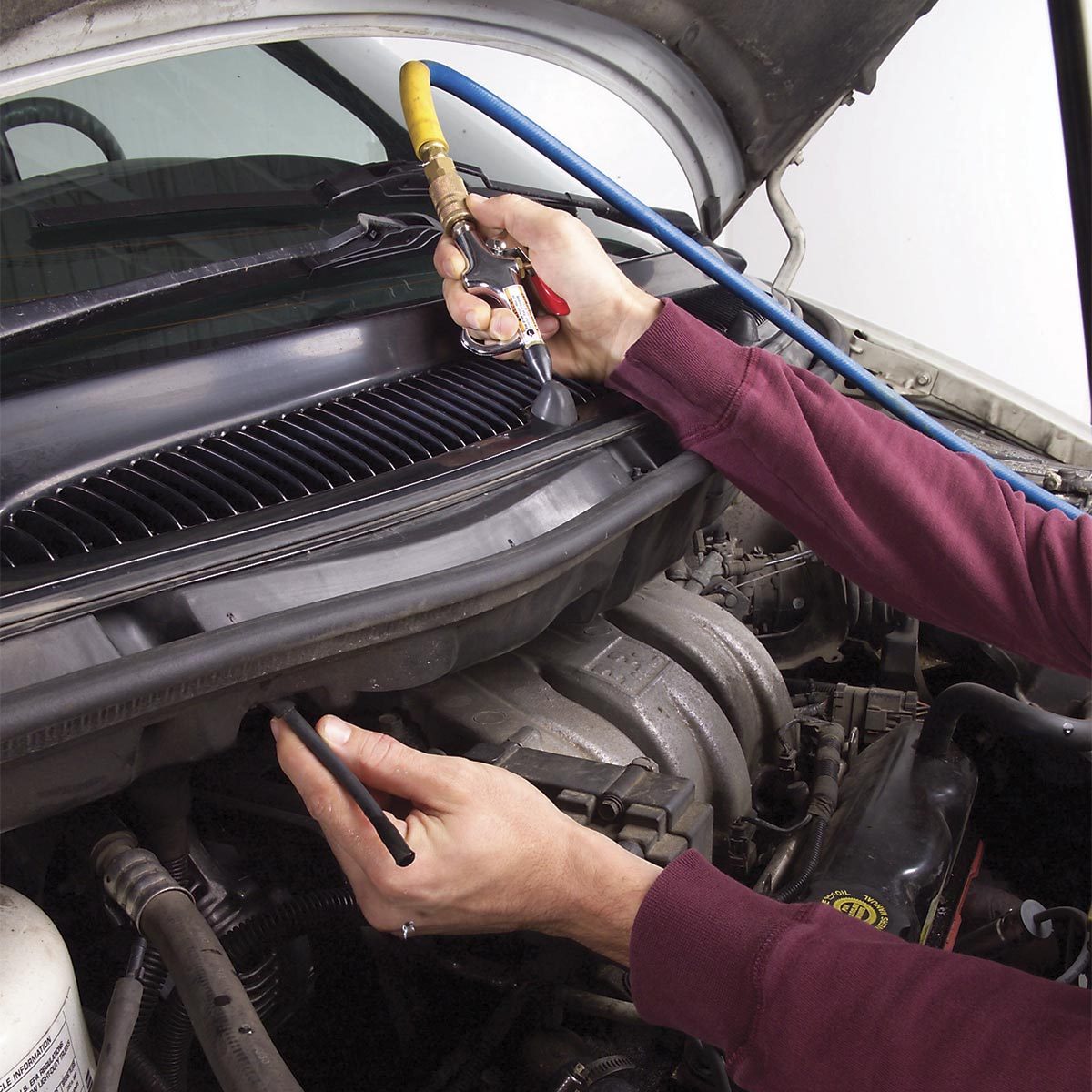grease build up in kitchen sink
Grease is a normal substance found in the kitchen, and comes from cooking processes and food such as meat and dairy. when it goes down the drain in your kitchen sink it can create difficult clogs overtime. thankfully, there are measures you can take to avoid this common clog. tip #1: don’t send fatty, greasy, or oily foods down the sink. If you know you may have an issue on this front, aaron mulder, co-owner and operations manager for mr. rooter plumbing of san antonio, a neighborly company, has a pro tip: “adding a squirt or two of dish soap into your kitchen sink drain will help to keep grease build-up to a minimum,” he says, “it also keep your drains smelling great too!”. Where is grease most likely to build up? mostly, grease will clog pipes that are directly connected to the kitchen sink. most especially the sink trap. fogg – fat, oils, grease and grit are in water or soups, and these may appear to flow easily in your sink, but they are leaving some particles behind, which attach to the pipes.. grease build up in kitchen sink
The most easily clogged pipes are those directly connected to a kitchen sink, especially in the sink trap. fogg (fat, oil, grease, and grit) is contained by water and everything may appear to flow easily down the sink, especially when you use warm water to flush it. inside the pipe, warm water loses temperature and becomes cold.. For sinks with garbage disposals, you can also try this trick: fill an ice-cube tray half-full with vinegar and top it off with clear water. vinegar alone won’t freeze well. be sure to mark the tray clearly — you wouldn’t want an unsuspecting family member to end up with a mouthful of vinegar. turn the disposal on and then throw in the cubes..

0 comments:
Post a Comment
Note: Only a member of this blog may post a comment.